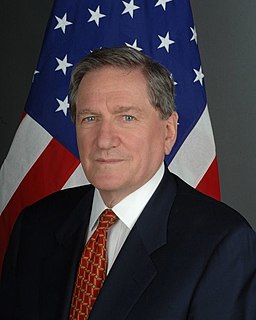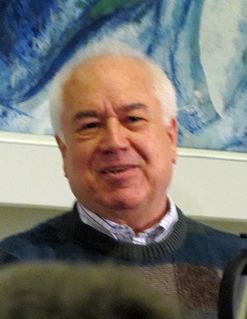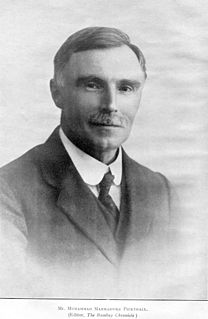A Quote by Ahmed Zewail
Although the Nasser revolution of 1952 was secular, the culture remained deeply religious - but it was a faith of moderation and tolerance. Women made up nearly half my class at university, and my senior academic adviser there was a woman. In Alexandria, my friends were Christians and Muslims.
Related Quotes
There is a split between Muslims who want to practice their faith in peace and tolerance with other religions and other people, and these extreme, radical fundamentalists who have shown a total lack of tolerance for people with different views, starting with people who they don't think are good Muslims, and going on to include Christians and Jews.
Instead of considering the tremendous contributions people of faith, including Christians and Muslims have made on society and helping those in need and providing a sacred canopy for the faithful, some of respected religious figures and friends are singularly judged through their views on Section 377A.
In the eyes of history, religious toleration is the highest evidence of culture in a people. It was not until the Western nations broke away from their religious law that they became more tolerant, and it was only when the Muslims fell away from their religious law that they declined in tolerance and other evidences of the highest culture.
India was secular even when Muslims hadn't come here and Christians hadn't set foot on this soil. It is not as if India became secular after they came. They came with their own modes of worship, and they, too, were given a place of honor and respect. They had the freedom to worship God as per their wish and inclination.



































